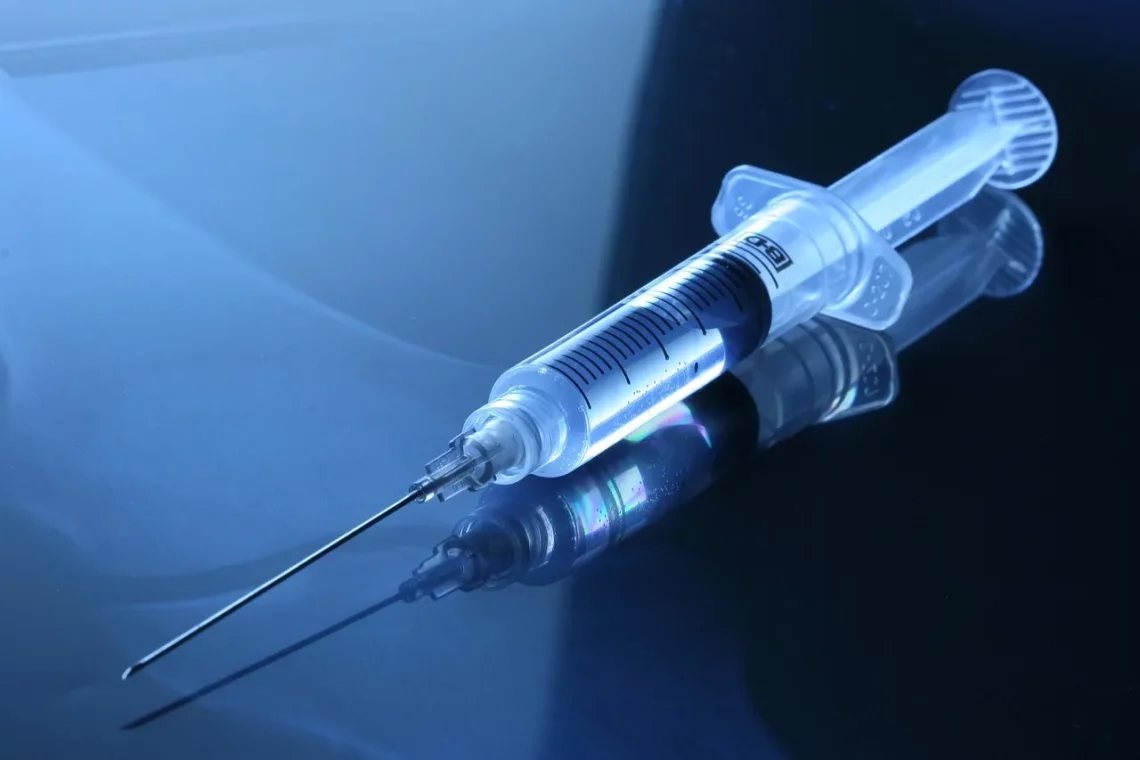
Understanding the Importance of FVRCP Shot for Cats
Vaccinations play a crucial role in maintaining the overall health and wellbeing of our feline companions. Among the various vaccines available, the FVRCP shot stands out as a fundamental immunization for cats. This combination vaccine protects against several serious diseases, including Feline Viral Rhinotracheitis, Calicivirus, and Panleukopenia. The significance of the FVRCP shot cannot be overstated, as it serves as a first line of defense against these potentially life-threatening illnesses.
Cats are susceptible to various infectious diseases, many of which can spread rapidly, especially in multi-cat environments. Understanding the importance of vaccination is vital for cat owners who wish to provide their pets with a safe and healthy life. Regular vaccinations contribute not only to the individual cat’s health but also to the broader feline community by preventing outbreaks.
As responsible pet owners, it is our duty to stay informed about the best practices in feline healthcare. By learning about the FVRCP shot and its role in disease prevention, we can make educated decisions regarding our cats’ health and wellbeing.
What is the FVRCP Vaccine?
The FVRCP vaccine is a combination vaccine designed to protect cats from three significant viral diseases: Feline Viral Rhinotracheitis (FVR), Feline Calicivirus (FCV), and Feline Panleukopenia (FP). This vaccine is typically administered to kittens starting at a young age and is crucial for their developmental health.
Feline Viral Rhinotracheitis is caused by a herpesvirus that primarily affects a cat’s upper respiratory system. Symptoms often include sneezing, nasal discharge, and conjunctivitis. This virus is highly contagious and can spread rapidly, especially in shelters or catteries.
Feline Calicivirus is another upper respiratory pathogen that can lead to severe respiratory issues, mouth ulcers, and even more serious systemic infections. Like FVR, FCV is easily transmitted between cats, making vaccination essential for prevention.
Feline Panleukopenia, often referred to as “feline parvovirus,” is a highly contagious and often fatal disease. This virus attacks the cat’s bone marrow and intestinal lining, leading to severe gastrointestinal issues and a compromised immune system. Young kittens are particularly vulnerable, making the FVRCP vaccine a crucial part of their early healthcare regimen.
Administering the FVRCP shot helps to build a cat’s immunity against these diseases, thereby reducing the risk of infection and the severity of symptoms should they contract any of these viruses. The vaccine is generally considered safe and effective, with a low incidence of adverse reactions.
Why Vaccination is Important for Your Cat
Vaccination is a critical component of preventive healthcare for cats. By vaccinating against FVR, FCV, and FP, cat owners can significantly reduce the risk of outbreaks and ensure their pets lead healthy lives. The importance of the FVRCP shot extends beyond individual health; it contributes to the collective wellbeing of the feline population.
One of the primary reasons vaccination is vital is the high transmissibility of the viruses involved. Cats can easily spread these viruses through direct contact, respiratory droplets, or contaminated surfaces. In environments where multiple cats reside, such as shelters or multi-cat households, an unvaccinated cat can quickly become a source of infection.
Moreover, many veterinary clinics and boarding facilities require proof of vaccination before accepting cats for services. This policy not only protects individual animals but also helps prevent the spread of diseases within the community. Ensuring that your cat is vaccinated may also provide peace of mind when traveling or engaging in activities that involve interaction with other cats.
Vaccines like the FVRCP shot stimulate the immune system to recognize and combat these viruses effectively. They are designed to provide long-lasting immunity, though periodic booster shots may be required to maintain protection. Consulting with a veterinarian can help determine the appropriate vaccination schedule for your cat based on their age, health status, and lifestyle.
Additionally, vaccinating your cat can be a cost-effective measure in the long run. Treating serious diseases can be expensive and, in some cases, may lead to long-term health issues or even death. By investing in preventive care through vaccinations, cat owners can save themselves from emotional and financial distress in the future.
Common Myths and Misconceptions About Vaccinations
Despite the well-documented benefits of vaccinations, several myths and misconceptions about the FVRCP shot and vaccinations in general persist among cat owners. Addressing these myths is essential for ensuring that all cats receive the care they need.
One common misconception is that indoor cats do not need vaccinations. While it is true that indoor cats face a lower risk of exposure to certain diseases, they are not immune to them. Viruses can be introduced into the home through contaminated items or even by humans who have been in contact with other cats. Therefore, indoor cats also benefit from vaccinations to ensure their health and safety.
Another myth is that vaccines cause severe health issues in cats. While some cats may experience mild side effects, such as lethargy or slight swelling at the injection site, serious reactions are rare. The benefits of vaccination far outweigh the potential risks. It is always advisable to discuss any concerns with a veterinarian, who can provide guidance based on the latest research and clinical evidence.
Some cat owners also believe that once a cat is vaccinated, they are protected for life. While the FVRCP vaccine provides long-lasting immunity, booster shots are necessary to maintain adequate levels of protection. Regular veterinary check-ups can help ensure that your cat stays up-to-date on vaccinations and health assessments.
Finally, some may mistakenly think that all vaccines are interchangeable. Each vaccine is specifically formulated for certain diseases and should be administered according to veterinary guidelines. Consultation with a veterinarian is crucial to ensure your cat receives the appropriate vaccinations tailored to their individual needs.
How to Ensure Your Cat Stays Up-to-Date with Vaccinations
Keeping your cat up-to-date with vaccinations requires planning and commitment. The first step is to establish a relationship with a trusted veterinarian who can guide you through your cat’s vaccination schedule. Regular veterinary visits are essential for monitoring your cat’s health, discussing any concerns, and ensuring they receive the necessary vaccinations.
When bringing home a new kitten or cat, it is crucial to review their vaccination history. Kittens typically begin their vaccination series at around six to eight weeks of age, with subsequent doses given every three to four weeks until they are approximately sixteen weeks old. Older cats may need booster shots, especially if they have not been previously vaccinated.
Moreover, keeping a record of your cat’s vaccinations can be beneficial. This information is not only useful for vet visits but may also be required for boarding or grooming services. It’s essential to keep track of when vaccines were administered and when boosters are due.
In addition to vaccinations, maintaining a healthy lifestyle for your cat contributes to their overall wellbeing. Providing a balanced diet, regular exercise, and mental stimulation can enhance their immune system and help them recover more quickly from any illnesses.
If you have multiple cats, implementing a vaccination protocol that ensures all pets are vaccinated and healthy can prevent outbreaks and maintain a safe environment. Regularly checking in with your veterinarian can help you make informed decisions about your cats’ health and vaccination needs.
In conclusion, while this article provides essential information about the FVRCP shot and its significance, it is important to remember that it is not a substitute for professional medical advice. Always consult with your veterinarian for personalized guidance regarding your cat’s health and vaccination schedule. Your pet’s health and wellbeing should always be the top priority.




